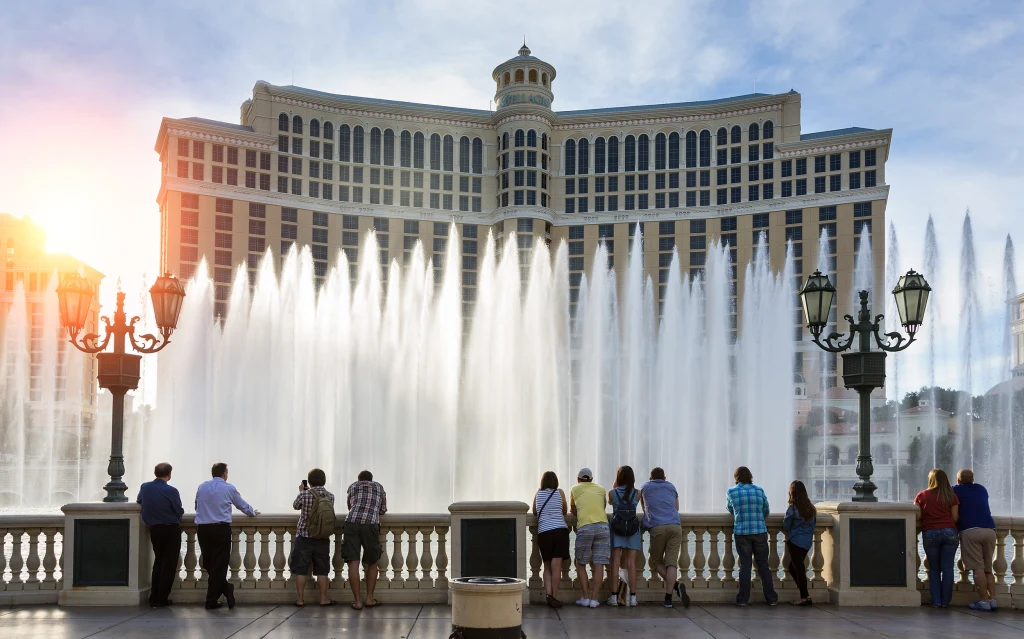The Impact of Casinos on Tourism in Asia

Gambling has become a major component of tourism in Asia, with Macau and Las Vegas being two of the most well-known. These mega-hubs have seen unprecedented growth as places where millions come to gamble – leading to tremendous economic benefits for an area.
However, casino development can have negative consequences on local communities. It could result in land displacement, worker exploitation, violence and prostitution – just to name a few.
Economic Impact
Casinos have become a key attraction for travelers in Asia, with Macau and Singapore surpassing Las Vegas in terms of gaming revenues. Other countries such as Cambodia, the Philippines, Japan and Taiwan also boast casinos.
Supporters of casinos argue they provide a boost to local economies through job creation, tourism development and government revenue generation. On the other hand, detractors point out that in many cases casinos may only benefit a select few within an area’s population.
To better comprehend how casino liberalization impacts local society, subjective indicators like perceptions, attitudes and values of residents must be utilized. Objective data like GDP growth rates, employment levels and public revenue provide a comprehensive picture of an area’s overall economic condition; however they often do not convey how people respond to this development.
Social Impact
Around Asia and the Pacific, gambling establishments are becoming more commonplace. Macau alone saw 35 casinos open their doors last year – their combined revenues exceeding all Las Vegas Strip casinos combined!
Though casinos in Asia can be seen as a positive development for tourism, their effects on local economies, social services and community wellbeing have often been controversial. Gambling has often been associated with corruption, organized crime and immoral behavior.
Tourism researchers have long been intrigued by the socio-economic effects of casinos. In particular, they sought to determine whether these activities contribute or detract from national economic and social progress.
Environmental Impact
Casinos are an integral part of Asian tourism, drawing tourists from around the world and contributing to many regional tourism growth strategies (Henderson 2006; Ishihara 2017).
In some areas, casinos provide an important source of income and employment opportunities for local people. Unfortunately, these advantages are often offset by the negative social impacts associated with casino gambling, such as environmental pollution, nuisance to residents and other social evils like addiction and crime.
Gambling establishments in Laos, Myanmar and other Southeast Asian countries have been linked to corruption, exploitation and violence. Furthermore, they have contributed to economic inequalities, worker exploitation and land displacements.
Tourism Impact
Asia is witnessing a meteoric rise of casino tourism. Cambodia now boasts more than fifty casinos, billions of dollars are being invested into integrated resorts in the Philippines, and parliamentary debates continue to rage about how best to regulate gambling in Japan and Taiwan.
Casino tourism can have both positive and negative effects on local communities, so it should be carefully planned and managed with consideration for both the environment and society in which it operates.
Travel & Tourism accounts for around 10% of global employment, as well as being an important source of GDP in many countries. Disruption to this vital sector could have significant economic, social and environmental repercussions for many nations.
Casino tourism can have both positive and negative effects. The negative consequences include depletion of local resources, pollution problems, waste problems and other environmental hazards. Conversely, positive outcomes include economic growth, job creation opportunities and stimulating infrastructure development.



